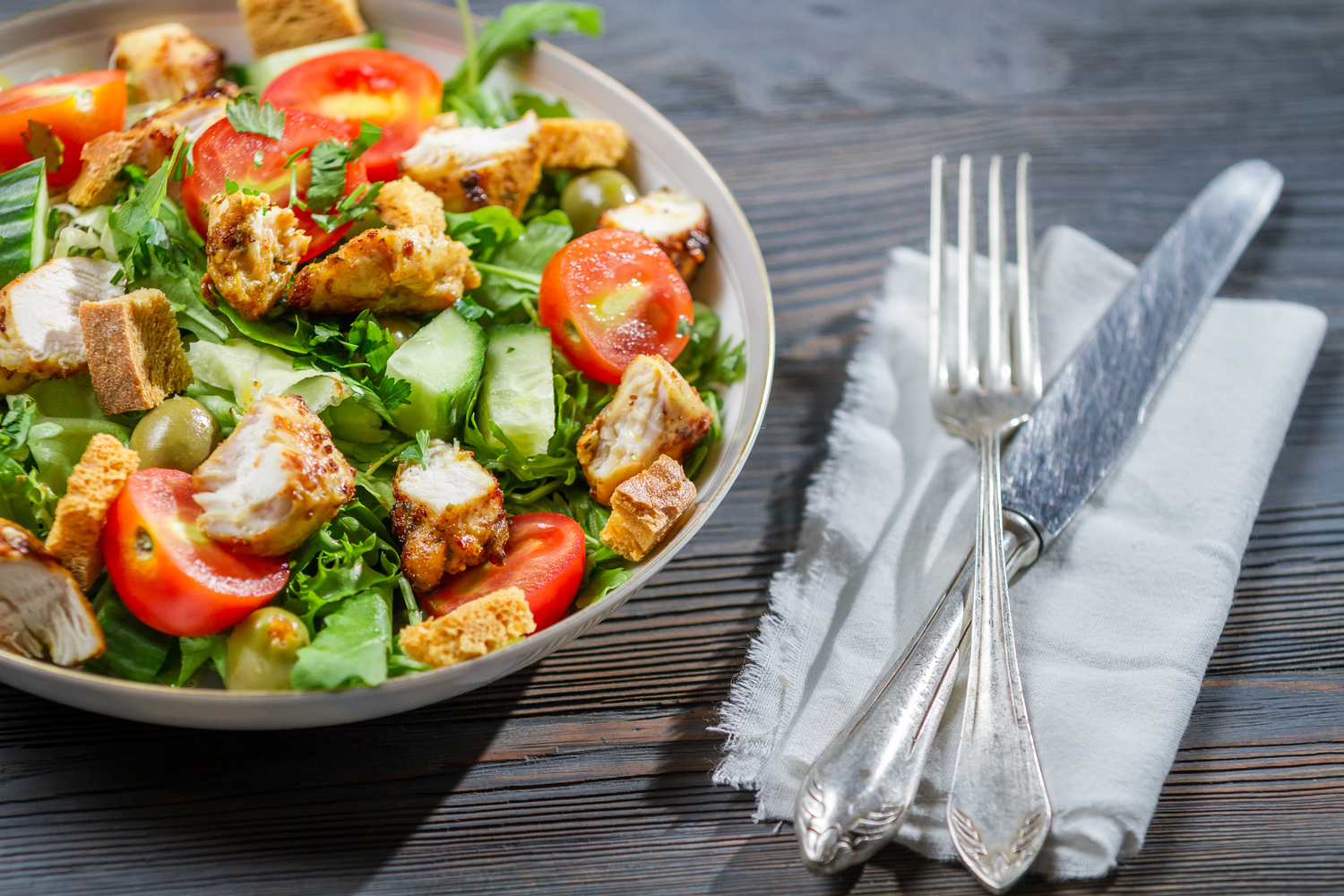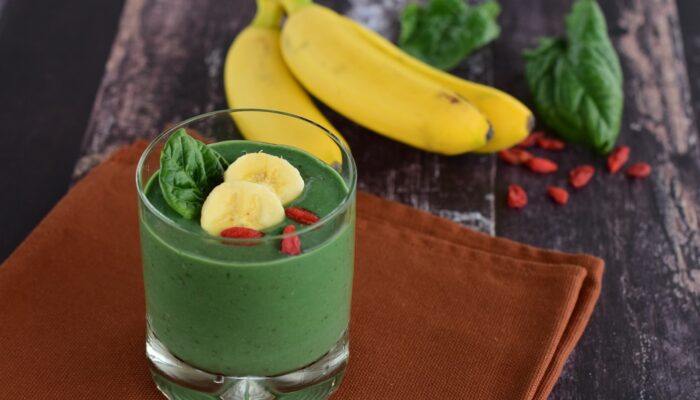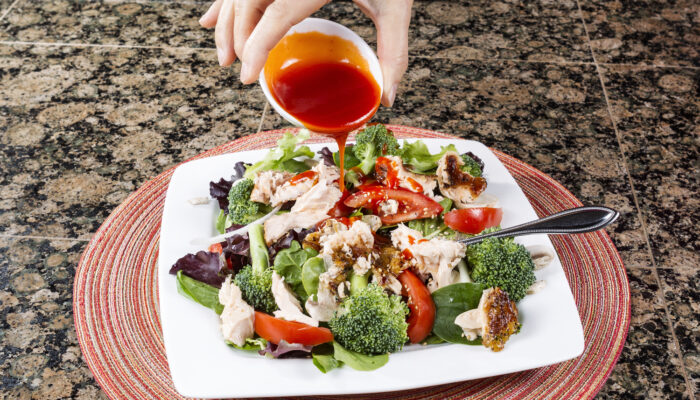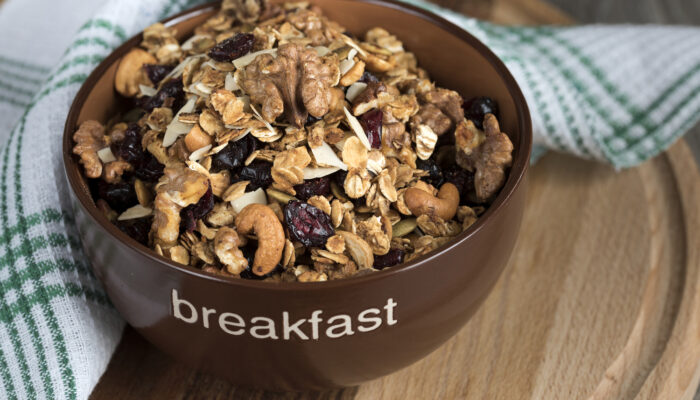
Benefits of Diet for Ulcerative Colitis
Ulcerative colitis is a type of inflammatory bowel disease (or IBD) as well as autoimmune conditions that causes chronic inflammation and ulcers (sores) along the digestive tract, particularly the innermost lining within the large intestine (colon) and rectum. While a single diet won’t fit every colitis patient, what you eat may play an impactful role on your symptoms. That’s where a well-balanced diet can help.
While food cannot cause ulcerative colitis, what you eat may be modified in order to help support drug and other therapies while helping to naturally reduce symptoms. The reasons for ulcerative colitis could be a combination of factors like genetics, an overactive immune system, and the environment, which is why different diets work for different people. The diet should also avoid foods that trigger colitis flare ups while containing required nutrients. Here are some dietary tips for ulcerative colitis:
1. Elimination diet
Keeping close track of the food consumed is one way to find out what works and what does not. Though this needs time and patience, it is important to keep track of what you eat and drink, as well as the time between meals. This diet plan can be made with the help of the gastroenterologist, nutritionist, or dietician. Keeping a food journal is recommended to record the exact amount and food consumed and any symptoms that arise. A well-balanced diet has to include adequate protein, carbohydrates, vegetables, and fruits.
2. Different types of diets for colitis patients
Depending on the symptoms, different diets are suggested for colitis patients:
- A high-calorie diet: This is to restore energy and health and prevent malnutrition when there is weight loss associated with colitis.
- A lactose-free diet: This is for people who are lactose intolerant.
- A low-fat diet: There is a tendency of low-fat absorption during colitis flare-ups. Hence, a low-fat diet will not trigger further symptoms.
- A low-fiber or a low- residue diet: This reduces abdominal cramps and the frequency of bowel movements.
- A low-salt diet: When there is water retention in the body due to certain treatments, a low-salt diet is recommended.
- A low FODMAP diet: This is for patients who have a low tolerance to FODMAPS. FODMAPS are certain types of sugars found in types of carbohydrates and alcohols. FODMAP refers to Fermentable Oligosaccharides, Disaccharides, Monosaccharides, and Polyols
- A gluten-free diet: People who are sensitive to gluten are prescribed this diet. Nutrition supplements may be necessary when the diet plan does not allow for adequate nutrition.
If a diet plan works, it should be maintained to reduce the symptoms of colitis. Small, frequent meals may also be helpful and absorption of nutrition would be easier.




